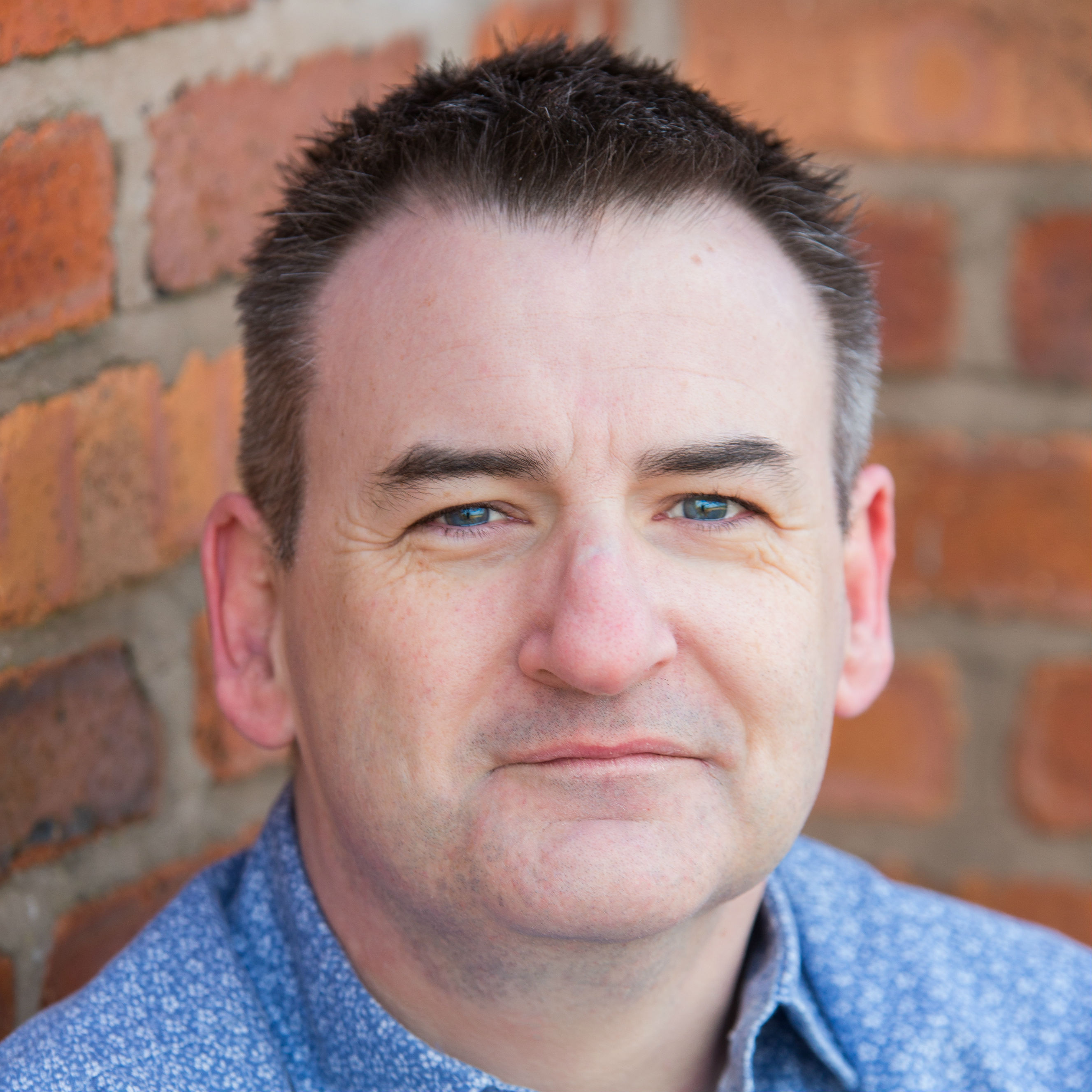John McKenzie is a hypnotherapist in Cheshire and Altrincham
What attracted you to become a therapist?
I'd reached a point in my career where I'd gradually moved away from working directly with other people on a one-to-one basis, which is what I'd always enjoyed. When the opportunity of voluntary redundancy came up I decided to take it and retrain in a new career. After my own experience of depression and mental health, and understanding the difference I could make to people, training as a therapist was the most compelling path I could have taken.
Where did you train?
At Central England College in Birmingham. I chose there because it had been awarded Training School of the year and led to an externally recognised qualification and professional registration. I still go there for supervision sessions.
What sort of people do you usually see?
I work with a wide range of people - a lot with anxiety or depression, a fair number with sleep problems, and people with fears or habits that are holding them back. On top of that I also see people for a range of physical issues with a psychological component, from IBS and urge incontinence to tinnitus and hyperhidrosis.
What do you like about being a therapist?
I get to see people at their very best - starting to do things they thought they'd never do, stopping doing things they thought they'd be stuck with forever. As if that weren't enough, there's also the variety of people I see, the continual learning and development, and the autonomy.
What is less pleasant?
Some of the aspects of self-employment - the flip-side of the autonomy is the sheer amount of 'back-room' effort it takes to keep it working smoothly.
How long you've been with welldoing.org and what you think of us?
I have been with welldoing.org for about fourteen months. My experience of the welldoing team, especially Alice, has been excellent. They're very supportive, and proactive too. They've given me the opportunity to blog on welldoing.org and Health Unlocked, and these externally published blogs do really well for me on social media.
Have you used the booking and payment system? And how do you find that?
I've been juggling a paper diary, my Outlook calendar, and another online booking system. I know that I need to use the welldoing system to get the most out of being on the site, and I'll be moving onto it properly by the end of June 2018.
Have you joined the welldoing.org Therapist Community on Facebook? If so, how did you find it?
This question has just prompted me to sign up to the group - I'll let you know how it goes.
Do you ever suggest books or apps to clients?
There are three books that I recommend to people a lot - Man's Search For Meaning by Viktor Frankl, for people who feel stuck or directionless; The Inner Game Of Tennis by W Timothy Gallwey, not just for performance but for IBS as well; and Get Out Of Your Mind And Into Your Life, an ACT programme by Steven Hayes.
What you do for your own mental health?
Regular supervision is essential, and beyond that I try to do the things I encourage all my clients to do - physical activity, time in nature, an enriching past time, and so on. The best thing I ever did for my mental health was to start keeping pigs - I always leave them feeling better than when I went in.
You are a therapist in Cheshire and South Manchester. What can you share with us about seeing clients in those areas?
There are a lot of affluent areas in Cheshire and South Manchester, and there can be an assumption that people find life easier, or that the problems they face are somehow lessened. However, anxiety, depression, and fears don't have any respect for income or success. Their effects can be just as debilitating, especially when people feel guilty or somehow 'wrong' for feeling that way.
What's your consultation room like?
The office at home has a big picture window which looks out over the garden and fields. It's a very light and airy room, and I've lost count of the clients who've asked where I got the comfy seating from, and whether they can buy it. I always check how comfortable people are with birds when they come for the first time, and if they are then the chickens will be out in the garden the next time.
What do you wish people knew about therapy?
That therapy is a collaborative process, and that it's what you take out of the room and into the outside world that makes a difference. Specifically about hypnotherapy, I wish people understood how it's not about ceding control to the therapist, or just them changing connections in the brain like an old fashioned telephone switchboard.
What did you learn about yourself in therapy?
I learned depression wasn't who I am, but stopping me from being who I am. That wouldn't have worked without the skills I learned, including self-compassion and the strength to say "I'm not okay" and to talk about my own mental health experiences.
John's recommended books:







